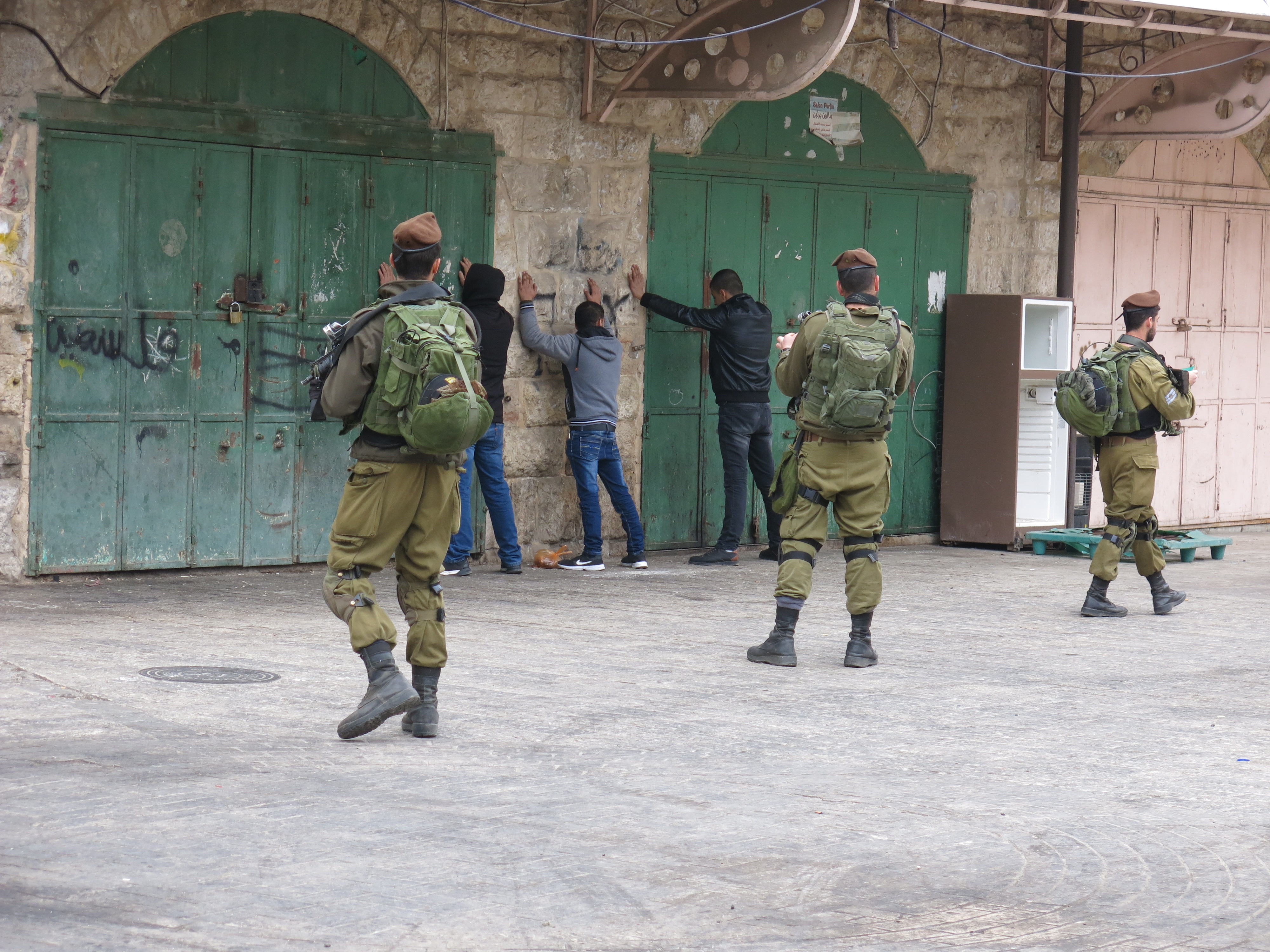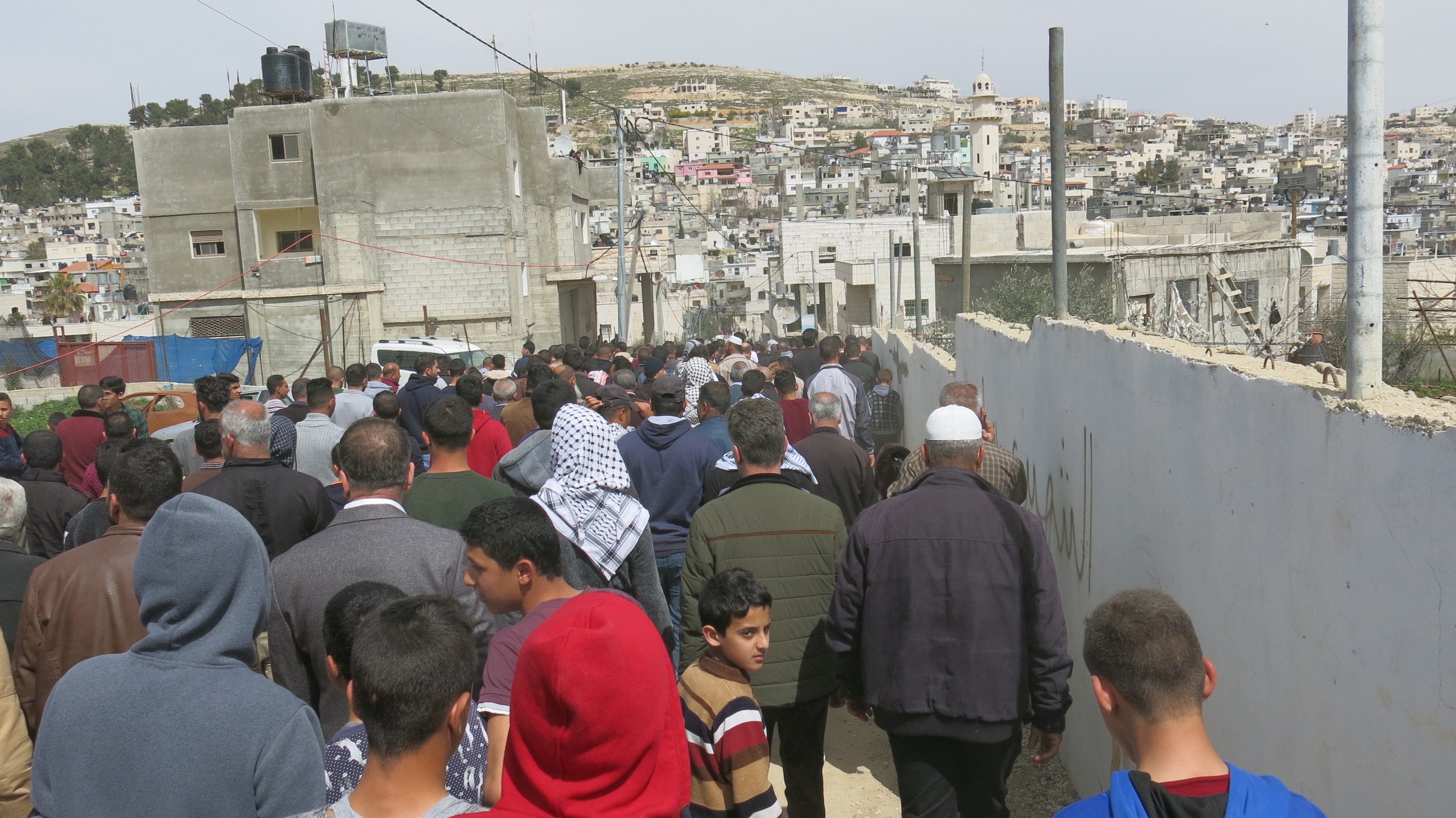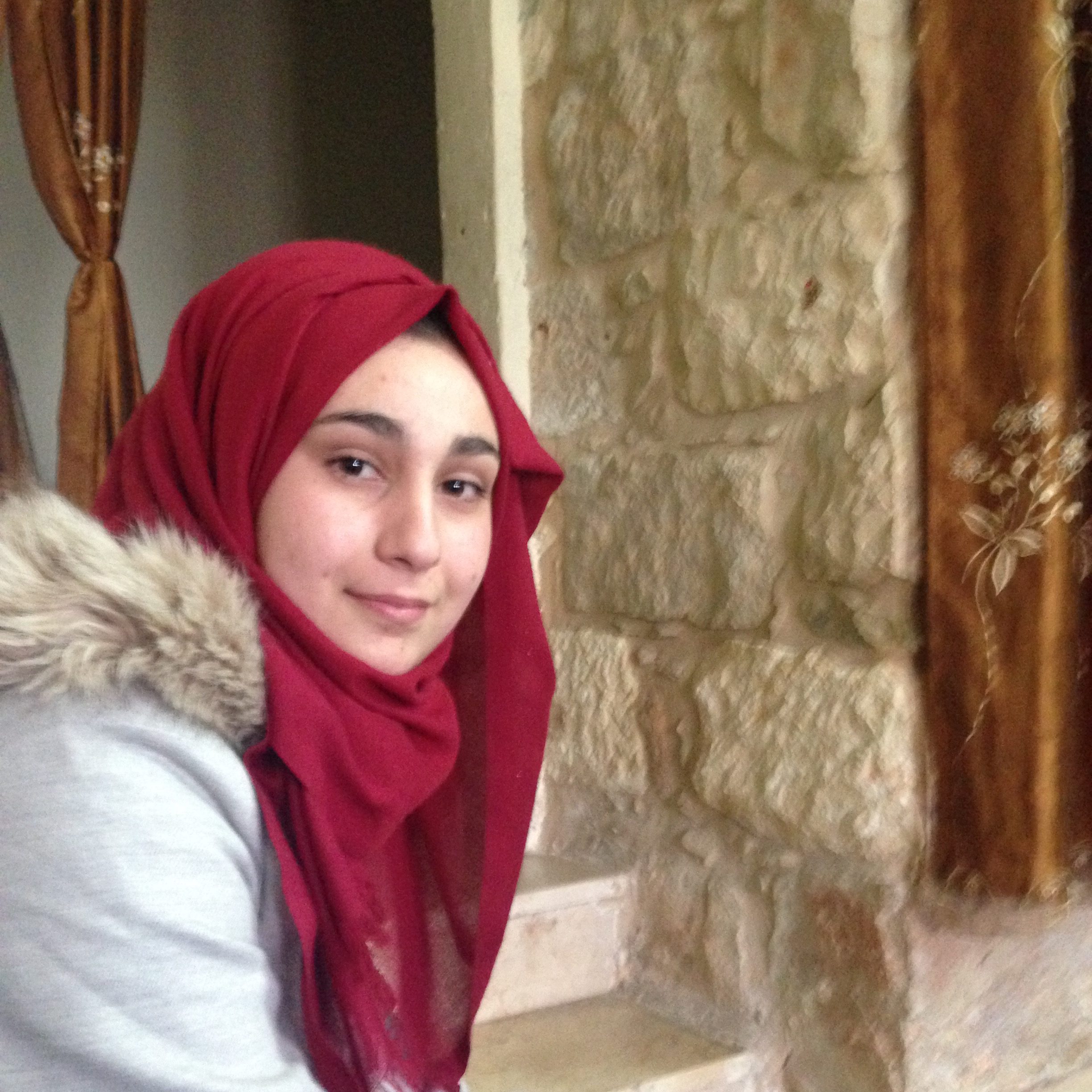Category: Hebron
-
Palestinians ID checked and searched during early morning incursion in Hebron souk
21st March 2017 | International Solidarity Movement, al-Khalil Team | Hebron, Occupied Palestine In the early morning of the 21st March a group of Israeli forces carried out ID checks and body searches on young Palestinian men and children on their morning commutes through the souk (old market) of Hebron. Two ISM activists were walking to…
-
16-year old killed by Israeli forces in Al Arrub, Hebron
18th March 2017 | International Solidarity Movement, al-Khalil team | Hebron, occupied Palestine Yesterday evening, on March 17th, 16-year old Murad Yusif Abu Ghazi died after being shot by Israeli forces in Al Arrub refugee camp outside Hebron in the occupied West Bank. A second Palestinian identified as 17-year old Saif Salim Rushdie is in a…
-
Speaking out and witnessing: what the Hebron camera project means to one student
17th March 2017 | International Solidarity Movement, al-Khalil team | Hebron, occupied Palestine Last week we reported on two of the training sessions run by Human Rights Defenders (HRD) here in Hebron for young people to use video as an activist tool against the occupation. Today we wanted to find out more about what the students themselves think and…



